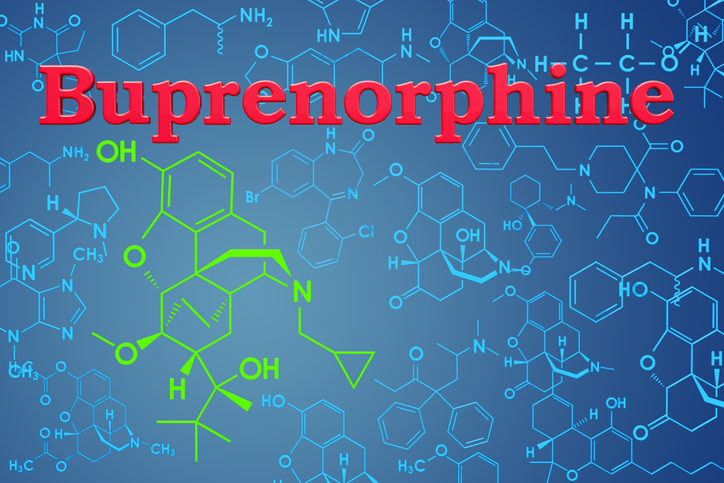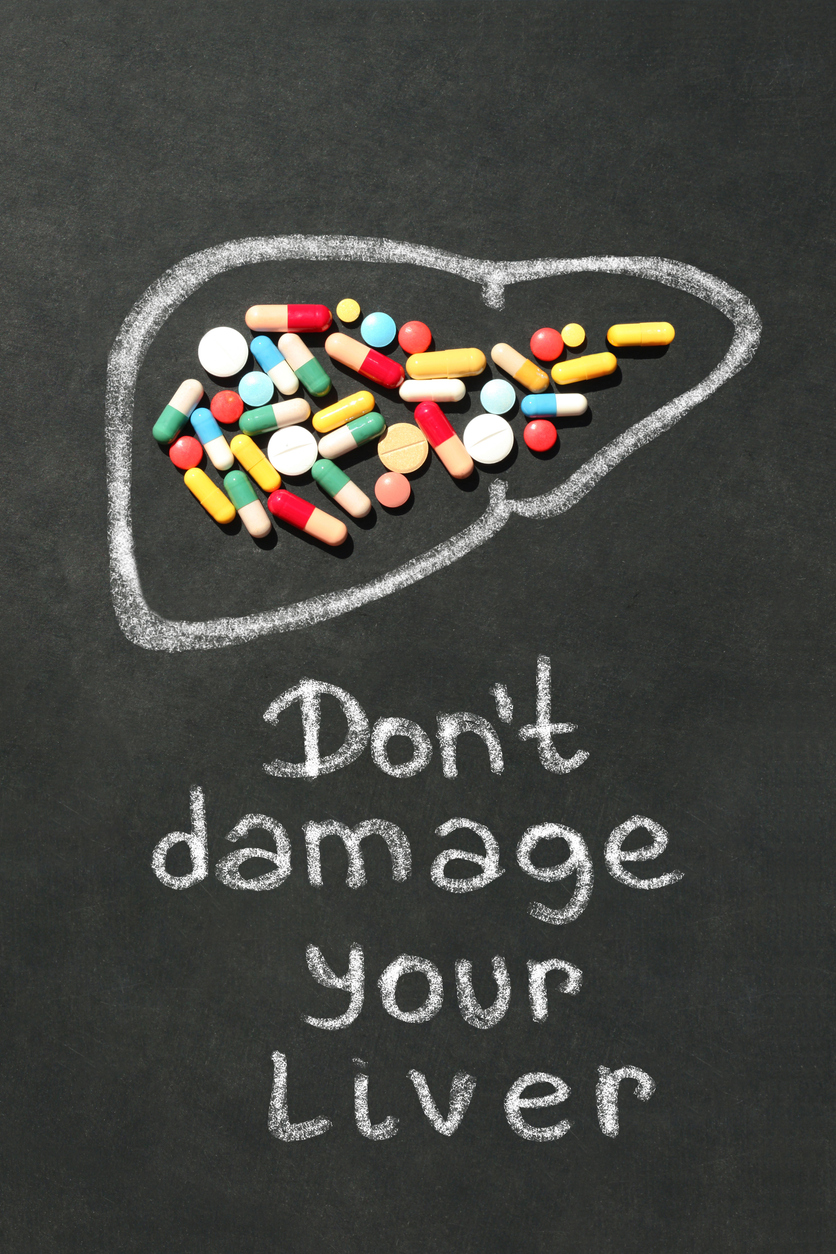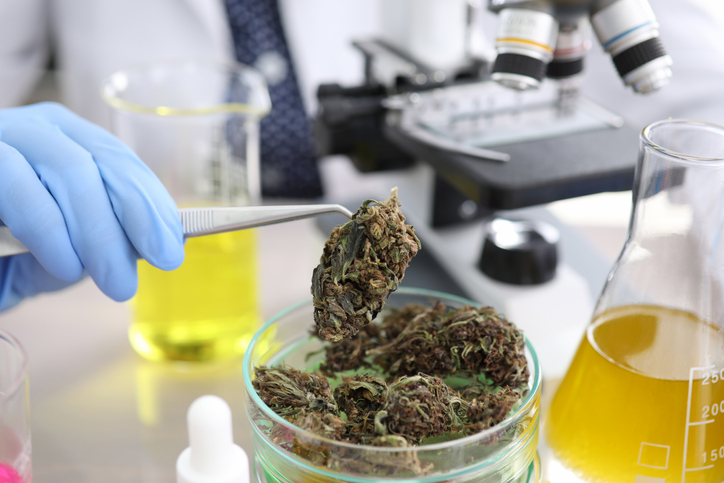Treatments
What Are the Signs and Symptoms of a Drug Allergy?

A drug allergy is an allergic reaction to a medication. It occurs when the immune system has an abnormal reaction to a medication. An allergic reaction can occur with any prescription or over-the-counter medication. The drug most commonly associated with drug allergies is the antibiotic penicillin. Other medications associated with drug allergies include pain relievers, anticonvulsants, chemotherapy drugs, and medications used to treat autoimmune diseases.
Drug allergies range from mild to severe. A severe allergic reaction can lead to anaphylaxis, which is a life-threatening reaction.
Drug allergy symptoms
Signs and symptoms of a drug allergy include the following:
- Rash or hives
- Itching
- Fever
- Swelling
- Wheezing or shortness of breath
- Runny nose
- Itchy, watery eyes
- Joint pain or swelling
Drug allergy anaphylactic reaction symptoms
Signs and symptoms of a drug allergy anaphylactic reaction include the following:
- Difficulty breathing
- Swelling of the lips, mouth or eyelids
- Nausea, vomiting or diarrhea
- Dizziness
- Weak, rapid pulse
- Low blood pressure
- Loss of consciousness
Signs and symptoms of a drug allergy often occur within an hour of taking the medication. However, they (especially rashes) can also develop hours, days, or even weeks later. An allergic reaction can also occur after prolonged use of a medication.

















